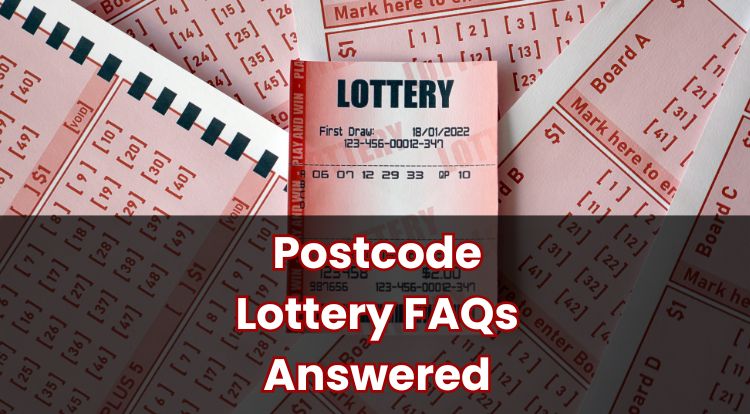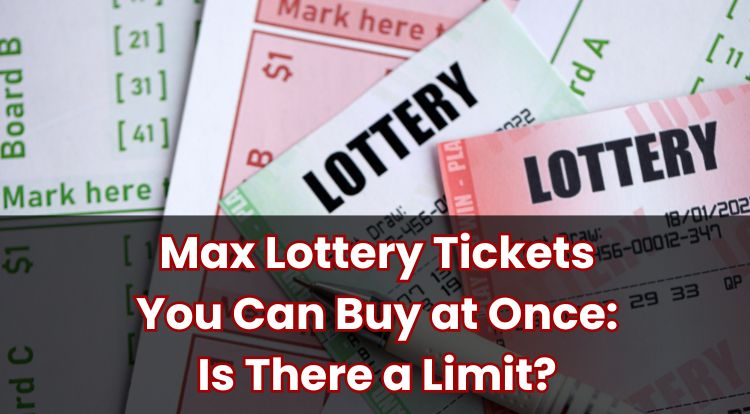Lottery Tickets: Should You Buy Online or In-Store?
Buying lottery tickets has become more accessible than ever, whether through a few clicks or by visiting a nearby retailer. If you are considering which approach might suit you, it can help to look at how each one operates day to day.
This blog post looks at online and in-store purchases across pricing, ways to pay, how prizes are collected, and the main legal points to keep in mind.
Whether you are completely new to lotteries or simply exploring your options, the sections below might help you work out what feels most practical for your situation.
Are There Cost Differences When Purchasing Online or In-Store?
At first glance, the amount you pay for a ticket might seem much the same whichever route you take. Major operators tend to set a standard price, so the starting figure often matches.
However, you may notice small differences once you reach the payment stage online. Some platforms include additional charges linked to certain payment types or to optional features offered to regular users. These are usually visible just before confirming your purchase.
Buying from a retailer usually means paying the amount shown at the counter, with no added platform charges. Yet there might be other small outgoings—perhaps travel, parking, or the time spent reaching the shop.
Once you are clear on what you’re spending overall, the next thing to understand is how any prize money makes its way to you.
How Do Payouts and Claims Work Online vs In-Store?
If you choose to buy online and happen to win, smaller prizes are normally credited automatically to the account you’ve used. You’ll often be notified if this happens. Larger prizes may require additional checks before they’re released, sometimes including identity confirmation or an appointment with the lottery operator.
Paper tickets bought in shops work differently. You’ll need to hold on to the ticket carefully, as it’s required for claiming if you win anything. Retailers might handle smaller amounts directly, while more substantial winnings must go through an official claim route, sometimes involving post or a visit to an approved centre.
Each operator sets its own claim limits, time frames, and documentation requirements, and these are usually published clearly. It’s sensible to look through them soon after purchase. If that process feels clear to you, the next thing you might want to think about is how you might pay in the first place.
What Payment Methods Are Available Online Compared to In-Store?
Online platforms generally accept several digital methods, most often debit cards or bank transfers. Some also permit e-wallets or prepaid options, though this depends on the operator. You’ll usually create an account and confirm a few details before buying—something that also verifies eligibility.
In the UK, credit cards aren’t accepted for online lottery payments. In shops, most people pay by cash or debit card. Some retailers may also refuse credit cards for these purchases.
Certain payment types might come with small charges or usage limits, so it’s worth reviewing those before adding funds online. Once payment is sorted, eligibility and location are the next things to consider.
Are There Age or Legal Restrictions That Affect Buying Online or In-Store?
Across the UK, you must be at least 18 years old to buy lottery tickets, regardless of whether you do so online or in a shop. Online services check this during registration, usually requiring proof of age and identity.
In person, staff are trained to request identification if you appear younger, and it’s against the law to sell to anyone underage.
Location also matters: most tickets need to be bought and claimed within the country or region where the draw takes place. Operators clearly outline these boundaries and the time allowed to claim.
With these essentials in mind, if you’re considering playing the lottery, your preference between online and in-store rest on how you like to manage purchases. Online buying keeps everything digital and may process smaller prizes automatically, while in-store options suit those who prefer holding a ticket and interacting face to face.
However you decide, it’s worth keeping play responsible and reviewing official guidance before joining any draw. Only spend money you might comfortably afford to part with, and avoid chasing losses.
Make sure you understand the rules and procedures for each game, and take breaks if you feel your play is becoming too frequent.
**The information provided in this blog is intended for educational purposes and should not be construed as betting advice or a guarantee of success. Always gamble responsibly.




